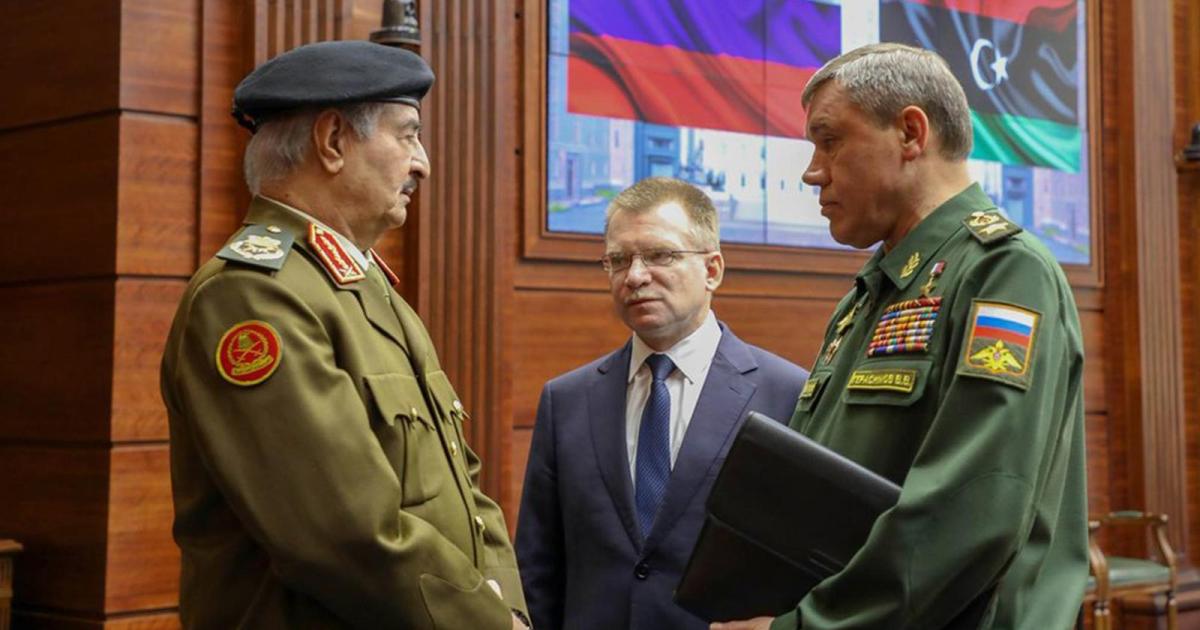Reuters revealed that Russia's recruitment of fighters from Syria to support retired Libyan Major General Khalifa Hifter accelerated last May. Hundreds of mercenaries were recruited, according to five sources in the Syrian armed opposition, and an informed regional source.
The agency quoted two prominent Syrian opposition sources as saying that the Russians had recruited 300 fighters from the Homs region in central Syria, including former elements of the Free Syrian Army, and a third source said that another 320 fighters were recruited from southwestern Syria.
She added that the Russian private security company, Wagens, is recruiting fighters from Syria under the supervision of the Russian army, and a former fighter in the company said that the first batch of Syrian fighters to Libya was sent in 2019.
Numbers and training
, according to the Syrian Observatory for Human Rights, which relies on a network of field sources in Syria, Moscow has recruited more than 900 Syrian to fight in Libya in May / May last.
Reuters sources add that the recruited fighters were trained at a military base in Homs before being transferred to Libya, and monthly wages between 1,000 and 2,000 dollars were allocated to them.
Neither the Russian Ministry of Defense nor Wagner responded to the Reuters correspondence regarding recruitment.
In return, the Turkish authorities state that they are providing military support to the internationally recognized Libyan Al-Wefaq government under a military cooperation agreement concluded between the two months ago.
Turkish President Recep Tayyip Erdogan said last February that fighters from the Syrian opposition factions backed by his country, and elements of the Turkish army, were in Libya to provide support to the forces of the reconciliation government.
Extension of influence
Experts say that Russia's military involvement in the Libyan war is an extension of Moscow's ambition to extend its influence in the eastern Mediterranean, after it helped the regime of Bashar al-Assad to control most of the areas it lost in favor of the opposition.
Reuters quoted a secret United Nations report last month that Wagner deployed nearly 1,200 mercenaries in Libya, at a time when the Russian authorities deny the presence of any of their forces on Libyan soil.
Last January, Russian President Vladimir Putin answered a journalist's question about whether there are Russian fighters in Libya by saying, "If there are Russians in Libya, they do not represent the Russian state, and they do not receive any money from it."
And American officials said on the seventh of last month that there is cooperation between Russia and Bashar al-Assad to transport mercenaries and military equipment to Libya.

